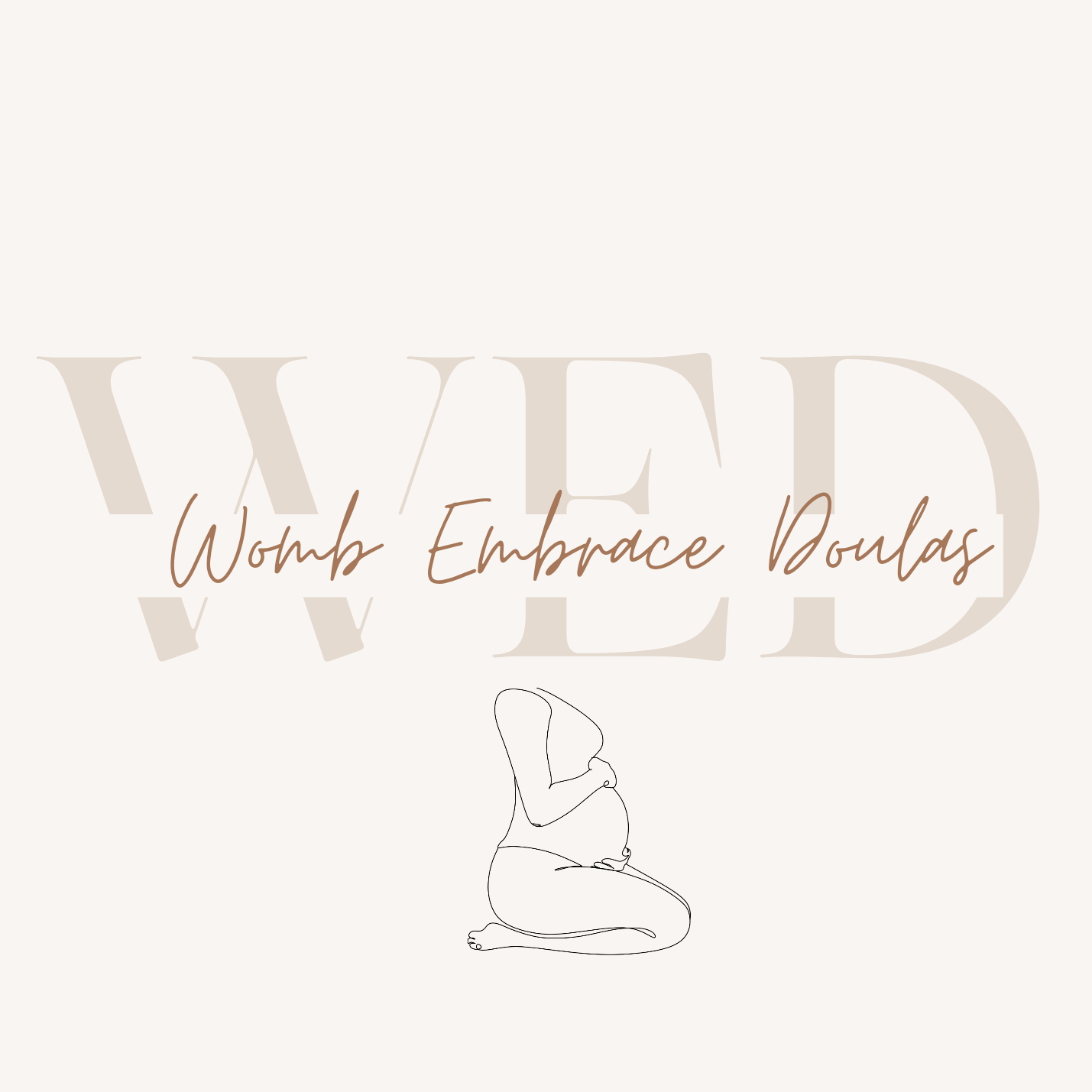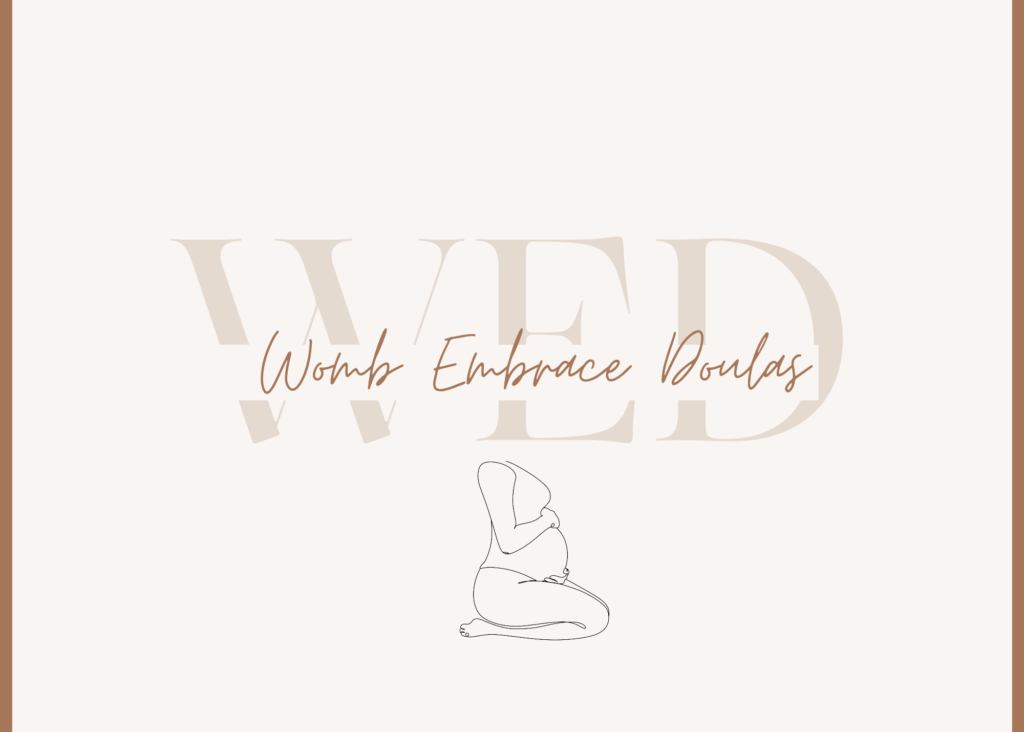
When baby blues aren’t just the blues
This week’s blog post is talking about the blues, not the music per se but the feeling.
Generally we know hormones impact any person’s mood and affect. For birthing parents those hormones shift constantly. After birth most parents experience a sudden dip in progesterone and estrogen that may leave you feeling blue. It’s an average experience after giving birth especially for first time parents within the first 2-3 weeks after the baby is born called baby blues. Some typical signs of baby blues include sadness, mood swings, fatigue, crying spells, and/or feeling overwhelmed. Baby blues usually resolve without treatment as the hormones in your body begin to stabilize.
If you notice you may still be feeling blue longer than 3 weeks, you may be experiencing Postpartum Depression (PPD). Now don’t be too alarmed, PPD is quite common and treatable. Thanks to the increased awareness around mental health, PPD has caught a lot of attention in normalizing the experience and encourages birthing parents to seek support. A birthing parent may feel a few or one of these symptoms:
Mood: anger, anxiety, guilt, hopelessness, loss of interest or pleasure in activities or mood swings
Whole body: fatigue, loss of appetite, or restlessness
Behavioral: crying spells or intense irritability
Cognitive: lack of concentration or unwanted / negative thoughts
Psychological: depression or fear
Also common: insomnia or repeatedly going over thoughts
Now I can talk about how textbook PPD may look but honestly it doesn’t present the same in all birthing parents. Many may feel exactly like what I’ve described but some may just have a hard time adjusting to parenthood or feeling like they aren’t able to bond with their baby because the baby keeps crying and they don’t know what to do to soothe them. Lets also be aware not everyone as a village to support them there’s quite a few parents doing this all by themselves with limited resources available to them.
What has made PPD so challenging is that folks feel alone and confused. Having another life depend solely on you everyday is a huge responsibility and help is needed. Our bodies aren’t machines, they need to rest to recover and replenish. Society has desensitized and quantified the needs of birthing parents to the point that we don’t value restoration and see it as a sign of weakness or laziness. Which is part of a largely systematic problem but I digress. PPD can eventually interfere with the birthing parent’s ability to care for themselves and their baby. In some cases, it can develop earlier during pregnancy or up to a year after birth. Perinatal period is one of the most critical times for parents to be attune with their bodies.
If we listen our bodies will give us all we need, that might feel uncomfortable or odd but it is necessary. It might be scary or hard to tell someone you need help because you’re feeling this way but I want you to keep in mind that your baby deserves the best version of you and if you need help to get there that’s perfectly fine. This message is also one for birthing partners or fathers can use as well. It’s not discussed as much but parents can also experience perinatal depression whether you’re supporting your partner, a single dad or adoptive parents. Hormones play a major role in the onset but not the only factor. Please be gentle and kind to yourself and your partner as this is a vulnerable time.
If you are feeling unlike yourself or your partner doesn’t seem like themselves ask these two questions. When was the last time you remember feeling joy or laughing? Do you feel withdrawn or like no one understands you?
If the answer is no, support to process and work through what you’re experiencing is available. Postpartum Support International (PSI) has a helpline parents can call or text in English: 1800-944-4773, virtual support groups and mentoring programs for parents.
At Womb Embrace Doulas I have connections with local private practices to refer clients for therapy that specialize in perinatal mental health or challenging birth experiences for all parents. You can see my affiliates under FAQs and resources (https://wombembracedoulas.com/faq-resources/).


